India-West’s examination of the impact of diabetes within the Indian population continues with a look at an attempt to legislate efforts to reduce sugar consumption, how one diabetic patient lived with the disease for nearly 25 years, and ways to manage the chronic condition.
Healthcare Systems & Policy
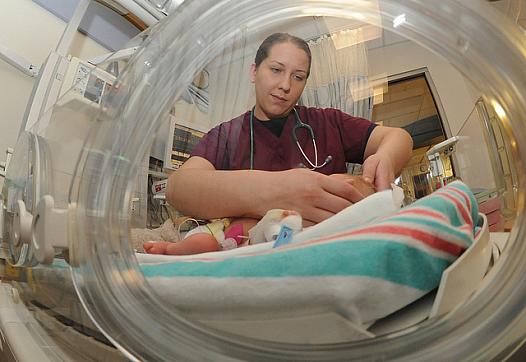
Last week, columnist William Heisel criticized the new California Healthcare Compare's website for how it rates hospitals on childbirth, noting that the tool focused too heavily on C-sections and breastfeeding. This week, he offers five indicators that would give potential patients a fuller picture.

Last week, the New England Journal of Medicine published a landmark study by CDC researchers on the safety of dietary supplements. The new study stands as a strong challenge to our current regulatory framework, as our Slow Medicine contributors explain.

Across the country, patients who receive out-of-network care can face “exorbitant” charges for medical services compared to Medicare’s rates for the same procedures, and the prices can vary dramatically. But what explains these differences? It depends on who you ask.
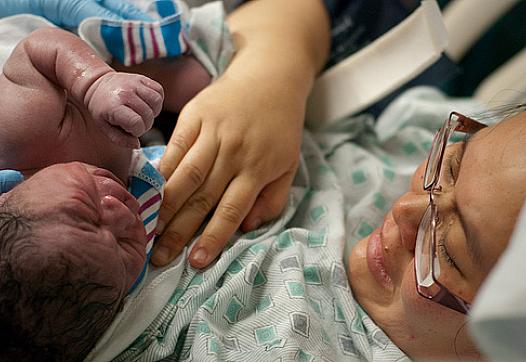
C-sections have been in the news a lot lately, and the seemingly conflicting messages are enough to sow confusion. But the fact remains that the procedure is way too common in the majority of hospitals throughout the country. And that has consequences for both moms' health and health care costs.
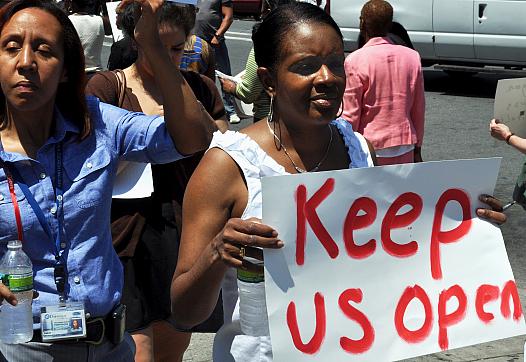
Nearly 60 hospitals have closed in the U.S. since 2010. In reporting on how hospital closures affect poor patients in Rust Belt towns, reporter Sean Hamill found first-person accounts to be crucial. But backing up those stories with data and geographical comparisons also provided essential context.

Health insurance premium hikes have been modest in recent years, but out-of-pocket costs are another story. Deductibles have on average tripled over the past decade as employers steadily shift more health costs onto workers amid stagnating wages. Health advocates fear high costs will lead people to
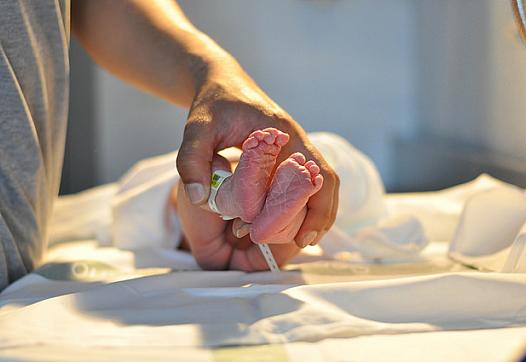
If you are pregnant and considering where to give birth to your child, what matters most to you? Probably not the quality measures used to calculate the ratings at California Healthcare Compare, a new online tool that allows consumers to compare health care prices and quality.
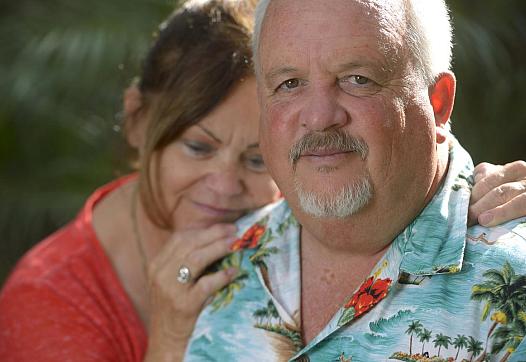
Mission Hospital is one example of how hospitals – even some with shining reputations and awards and special certifications – can fail to follow protocols aimed at preventing dangerous infections that can easily start and spread inside their facilities.
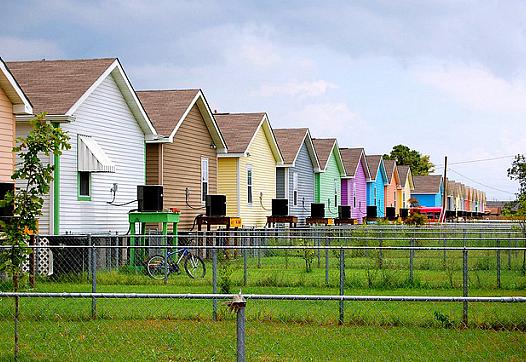
When it comes to getting kids into health coverage, the numbers have never been better. By the first quarter of 2015, the percentage of kids without insurance was less than 5 percent. But despite the gains made in improving children’s coverage, big challenges remain on the horizon.
